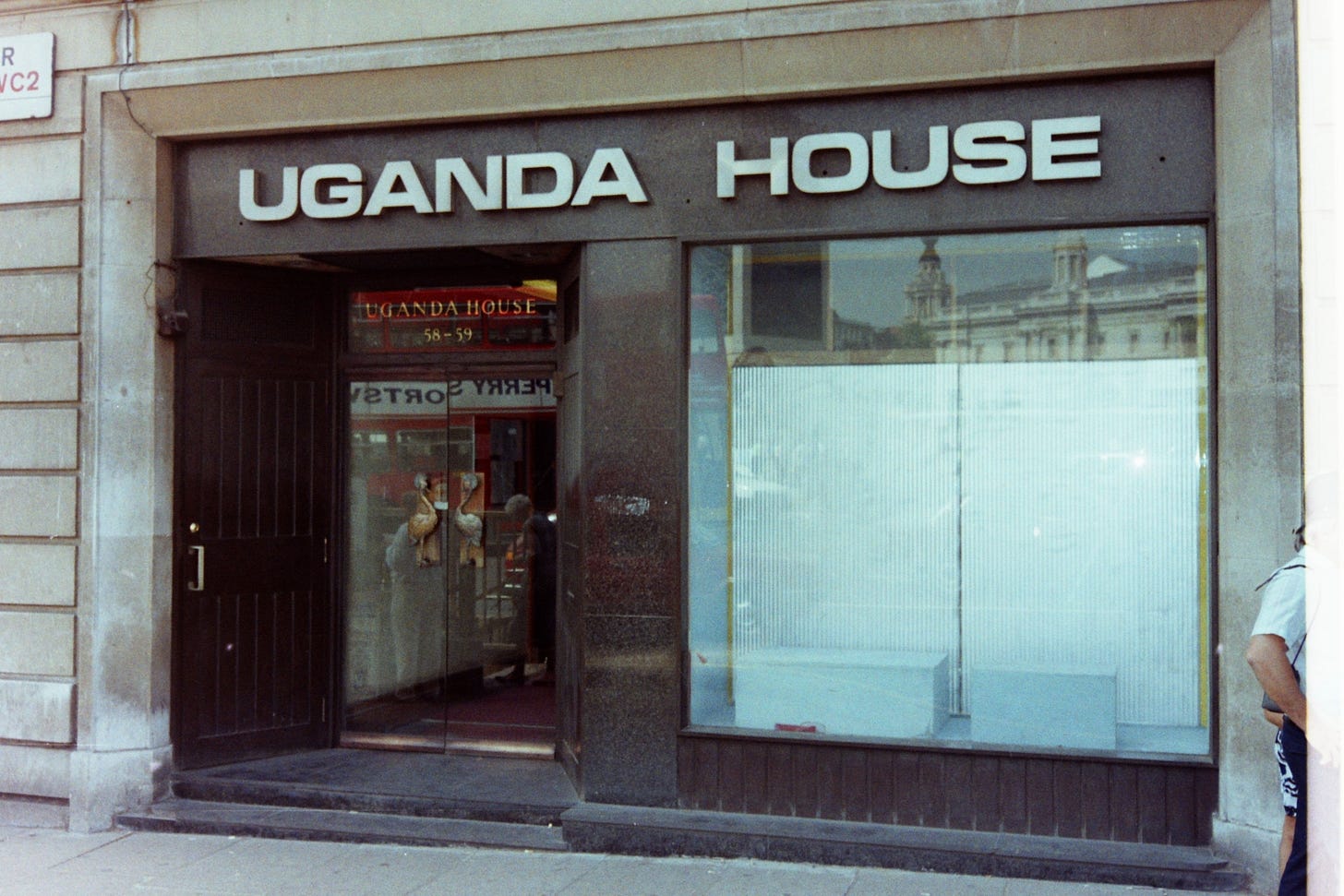Growing up one of my greatest interests was attempting to understand where I came from. It was never enough to say I was from Boston or that my immediately family was from Alabama or Virginia. Knowing which plantation my ancestors worked on was not compelling to me as a child.
I vividly remember a cultural food sharing day in elementary school. My parents and I were stumped about what to bring. We settled on cornbread, which left me both embarrassed and confused. Even as a child who knew little about Africa or my “roots,” I sensed cornbread was not representative of my whole identity. It was a staple for enslaved Africans in the South, where corn’s affordability made it a lifeline for them and poor farmers. Native Americans had long made simple cornbread from cornmeal and water, cooking them on hot stones. When European settlers arrived in the 16th and 17th centuries, they adapted these recipes, later adding ingredients like wheat flour, eggs, and dairy to create richer versions. But as I stood there with my cornbread, I didn’t want to spotlight my enslaved ancestors’ struggles. Wasn’t I more than the descendant of people who suffered?
Years later, my curiosity deepened and my childhood confusion remained. I became one of 23andMe’s early customers, eager to answer the question no one in my family could: Where did I come from? The results were a surprise. I was majority West African, but at a lower percentage than I’d expected, and 31% British—likely meaning both my parents had a white great-grandparent. At first, I felt a mix of embarrassment and anger. I was embarrassed by the reminder that my African ancestors were enslaved, surviving through choices I can’t judge, such as enduring captivity to protect future generations. I was angry imagining my female ancestors being mistreated and surviving sexual violence. Over time, I made peace with these truths.
Those initial emotions evolved into something healthier. Dwelling on the past’s pain won’t change it. I also began to see my British ancestry differently. While the British Empire was imperfect and exploitative, it also played an important role in ending slavery in the 19th century around the world. Pointedly, there is no America without an England.
Now, my questions have shifted to bigger ideas. Is race real, or is it a construct we’ve built? What makes one ethnic group thrive while another struggles—genes, systems, or something else? What’s the difference between identity and race? Am I truly a collection of every generation before me? I wonder if I have a British ancestor whose face or personality I’d recognize, or if my ease with the English language hints at some deeper connection. I don’t have all the answers, but I’m comfortable with who I am. I don’t consider myself mixed-race. So, am I British? Yes, alongside countless other meaningful descriptors.






